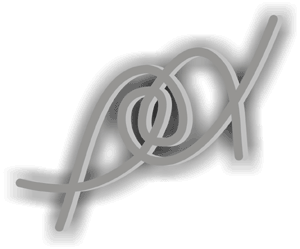A historiography of the integral was carried out in order to identify its ontology and implications in the process of formalization of integral calculus. It is a qualitative research based on the historiography of a mathematical content analyzed with some tools of the Ontosemiotic Approach to Knowledge and Mathematical Instruction, developed with university students taking the integral calculus subject. The tracking of the information made it possible to identify some epistemological ruptures that directed the research to identify changes in the conception of the integral. The organization of the information made it possible to identify three periods: 1) The integral as an “operator”. 2) Evolution of the integration operation giving rise to integral calculus. 3) Foundations of integral calculus. Integral calculus was identified as a little explored field and normally considered complex. This proposal allows us to think of the integral not as a complex object, but as a mathematical entity made up of different meanings that must be decomposed to be studied. The three periods proposed here make it possible to: identify the complexity that makes it up; think of possible ways of relating, connecting, or articulating this complexity, with a view to achieving an articulation that results in understanding, and the development of mathematical competences in those who study it.
Keywords:
Integral ontology; Integral calculus; Integral epistemology

 Thumbnail
Thumbnail
 Fuente:
Fuente: